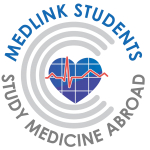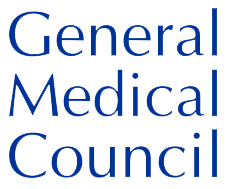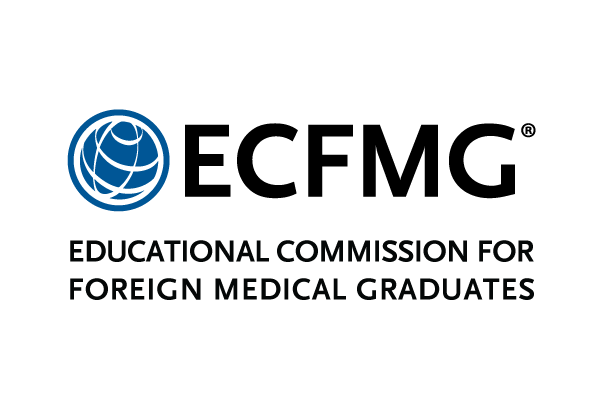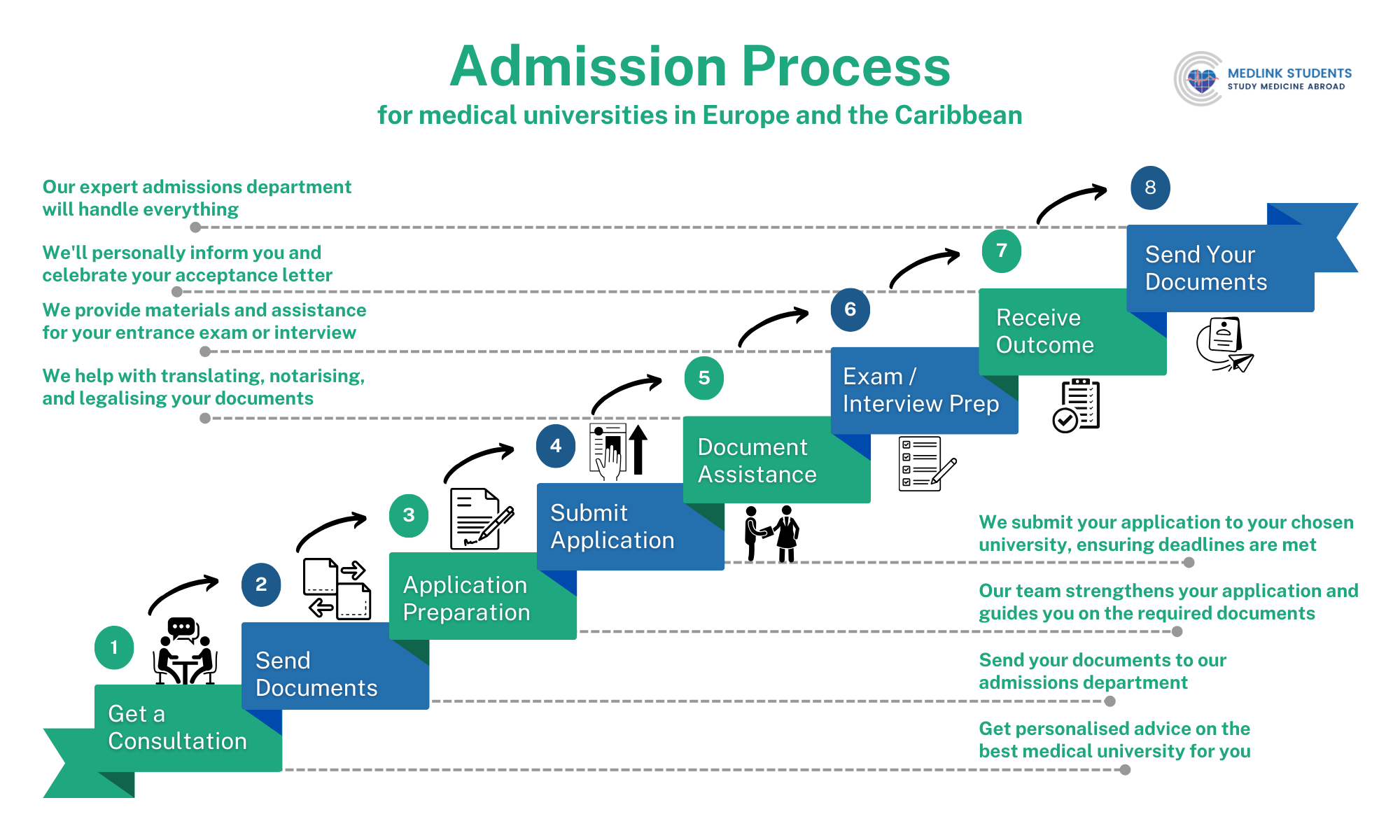
Located in: Spain


























Founded in 1995, it is one of the most prestigious and well-respected universities in the country and throughout Europe. UEM places a strong emphasis on providing comprehensive dental education according to high international standards in a modern, state-of-the-art campus.
The European University of Madrid has over 16,000 current students, many of whom are international. The university has over 22,000 collaboration agreements with other higher education institutions and companies throughout the world. As a result of this, UEM boasts an impressive 94% successful job placement for its graduates within the first 12 months.
The university also places a strong focus on research and is equipped with several dedicated research centres and institutes. UEM is respected throughout the world for its significant contributions to advancing knowledge in a variety of fields.
The European University in Spain has a total of 4 campuses across the country, 2 of which offer English-taught dentistry courses - Madrid and Valencia. This makes it an excellent choice for international students who want to study in Spain but may not be fluent in Spanish.
The European University of Madrid doesn’t offer a graduate entry pathway into dentistry, but accepts student transfers. Contact one of our expert academic advisors to check if you are eligible and learn how you can transfer to this prestigious university.
The dental school uses the European Credit Transfer and Accumulation System (ECTS) to ensure fair and transparent evaluation of its students, while also facilitating easy student transfers and exchange programmes throughout Europe.
The university address in Madrid is C/ Tajo, s/n. Urb. El Bosque 28670 Villaviciosa de Odón, and in Valencia - Paseo de la Alameda, 7 46010 Valencia.
The dentistry programme in English at UEM lasts for 5 years and gives a total of 300 ECTS credits.
UEM is dedicated to training outstanding dentists that can succeed on a global scale. The dental school teaches students through modern teaching methodologies by incorporating the latest technologies in its curriculum. Here, students receive comprehensive theoretical knowledge, accompanied by ample clinical training that uses the latest trends, techniques and advanced technological resources in the field of dentistry.
At the start of their education, students learn about the Basic Sciences of dentistry and gain practical skills in a safe and controlled environment under the supervision of UEM’s highly experienced faculty.
From the 4th year onward, students begin working with real patients at the University Dental Clinics, which perform over 94,000 consultations and 160,000 treatments a year. Throughout the course of the programme, students will gain over 1,000 hours of experience working with, diagnosing, and treating actual patients. Clinical practice includes an average of 200 treatments per student in different dentistry specialities including endodontics, prosthetics and surgery.
The university uses a pioneering evaluation system using proficiency tests in the form of Objective Structured Clinical Evaluations, which was designed by the experienced professors at UEM. This allows your teachers to objectively assess your skills in a variety of different clinical situations.
For co-curricular and extracurricular clinical placements, students are required to have at least a B2 level of Spanish, so they communicate with their patients.
The curriculum at UEM focuses on giving students ample clinical training by learning through experience. Most modern universities have dedicated simulation centres and laboratories, but the European University of Madrid takes it a whole step further by having those and an entire Simulated Hospital.
The Simulated Hospital is equipped with everything necessary to accurately simulate a real hospital environment, including the most advanced available infrastructure technology. Students here will thorough clinical training by working with standardised patients, mannequins, virtual patients or actors.
The facilities of the Simulated Hospital include:
The tuition fees for the 5-year dentistry programme in English are 10 monthly fees of , or in total per year.
As part of its application process and ranking candidates, UEM takes into account the following:
Note: you can only apply to one of the campuses in either Madrid or Valencia. At the European University of Madrid the entire curriculum is carried out in English, while in Valence the first 3 years are in English, while the final 2 are in Spanish.The academic year usually starts in September


Due to the excellent dental education offered at the European University of Madrid, the competition to apply there is absolutely fierce. Additionally, the university has a long list of requirements and legal steps that must be followed in order to get accepted. This includes submitting specific documents that need to be translated, notarised, and officially legalised. If you don’t follow these steps and requirements, your application will be rejected. That’s where we step in. Our admissions experts, widely recognised as some of the best in Europe, can handle your application in its entirety, including all the necessary legal details. We've established a strong collaboration with the European University of Madrid and have a comprehensive understanding of what they’re looking for in an ideal candidate and their exam format. By choosing Medlink Students, we guarantee that you will get accepted to this prestigious university. We'll provide you with exceptional study materials to help you pass both the entrance exam and the interview. Additionally, we'll make sure that you submit an S-tier application that will make you stand out among your peers. With us by your side, you can skip the exhausting parts of applying to an international university and focus on what truly matters – preparing for the entry test and interview.
European University of Madrid accepts students who wish to transfer from another university. Contact our expert advisors to learn if you are eligible and how you can transfer here.
The European University of Madrid is accredited and officially recognised by the Ministry of Universities of Spain. Additionally recognition and awards of the university include:
Note: since the degree you obtain from European University in Madrid is Bachelor’s, some medical councils, such as the UK’s General Dental Council (GDC), may require more clinical practice in order to accept the degree.
For example, GDC’s requirement is 1600 practical hours, while UEM offers 1,000 hours of clinical training with real patients. Graduates will have to work extra hours at clinics or apply for a Master’s degree elsewhere, before registering with the GDC.
The European University of Madrid also offers a wide range of extracurricular activities and sports events, providing students with opportunities to get involved in a variety of activities outside of the classroom. The university is also well-equipped with modern facilities and technology, including computer labs, libraries, and sports facilities.
To accommodate students, the university offers on-campus residence options with a total capacity of 510 places. They provide spacious and comfortable rooms, proximity to the university, safety, a sense of community, and access to good food and quality service. All rooms are equipped with everything to make your stay a fantastic student life experience.
However, living in Madrid can be on the expensive side If you prefer private accommodation, renting a single-bedroom apartment costs between - per month. Couple that with monthly living expenses of around , and you’ll need a monthly budget of around .
And if you choose to study at the Valencia campus, prices won’t be that much different. If you choose to study at the Valencia campus, you can expect to pay similar prices for your living expenses. And if you choose to study at the Valencia campus, prices won’t be that much different.
Madrid is a vibrant and cosmopolitan city that attracts international students from all over the world. It offers a rich cultural experience with its historic architecture, world-class museums, and famous landmarks such as the Prado Museum and the Royal Palace. The city is also known for its lively nightlife, delicious cuisine, and friendly locals.
The university campus life in Madrid is also lively, with many clubs and organizations to join. Participating in extracurricular activities can be a great way to meet other students, improve language skills, and make lasting memories.
In summary, Madrid is an excellent choice for international students, offering a diverse and inclusive environment, rich cultural experience, and affordable living costs. The support services provided by universities and the lively campus life make it easy for students to adjust to life in the city and make the most of their study abroad experience.
Spain is a diverse country with a rich diversity of ethnicities, including native Spaniards, Catalans, Basques, Galicians, and immigrants from Latin America, North Africa, and other parts of Europe. The country openly welcomes all faiths, and you can find churches, mosques, Hindu temples, and synagogues in major cities like Madrid.
Spanish food is just as diverse as its population and offers a rich variety of choice in cuisine. In Madrid, you can easily find halal, kosher, and vegan and vegetarian options throughout the city.
Spanish culture is built upon respect and inclusivity, which ensures the safety of all of its residents, including hijabi women. Throughout the country and on campus at the University of Madrid, you can expect to find a welcoming environment that will provide you with a fulfilling and enjoyable student experience.
All the modern universities throughout Europe give prospective students and their families the opportunity to take a look at the facilities from the comfort of their homes. Take a virtual walk around the campus here: European University of Madrid Virtual Tour.










The Bachelor of Dentistry programme at European University of Madrid is a 5-year course.
The tuition fee for the Bachelor of Dentistry programme in English at European University of Madrid is 10 monthly fees of or in total per year.
As part of the application process for the Bachelor of Dentistry program at European University of Madrid, candidates are required to have good high school grades, particularly in Biology and Chemistry. Additionally, candidates will need to take an online aptitude test, have a written interview, and take an English test (minimum B2 level) for non-native speakers.
The dental faculties at the European University of Madrid that have dental education in English have the following addresses: Madrid campus is located at C/ Tajo, s/n. Urb. El Bosque 28670 Villaviciosa de Odón, and the Valencia campus is at Paseo de la Alameda, 7 46010 Valencia.
Yes, student transfers are accepted at the European University of Madrid.
Yes, you can study dentistry in English at the European University of Madrid. The Madrid campus curriculum is entirely in English, however you will need a B2 level of Spanish for your co-curricular and extracurricular clinical training.
Yes, the European University of Madrid is accredited and has received a wide array of recognition for excellence in higher education.
You start off your practical training at the advanced Simulation Hospital at the European University of Madrid to gain confidence in your practical skills. After this students start getting experience with real patients in the University Dental Clinics for a total of 1,000 hours.